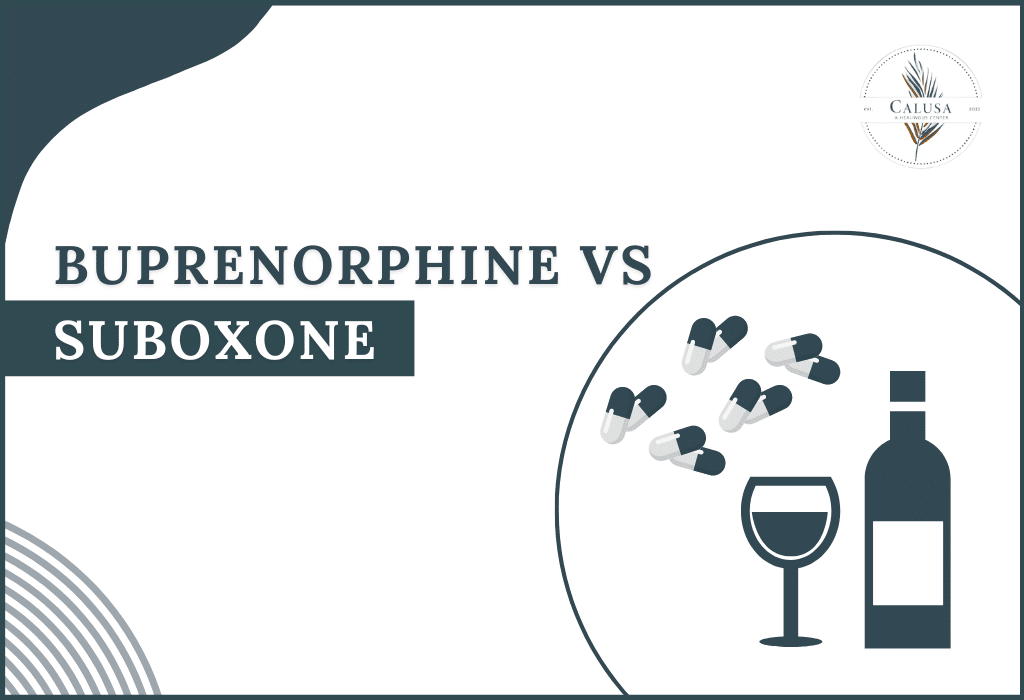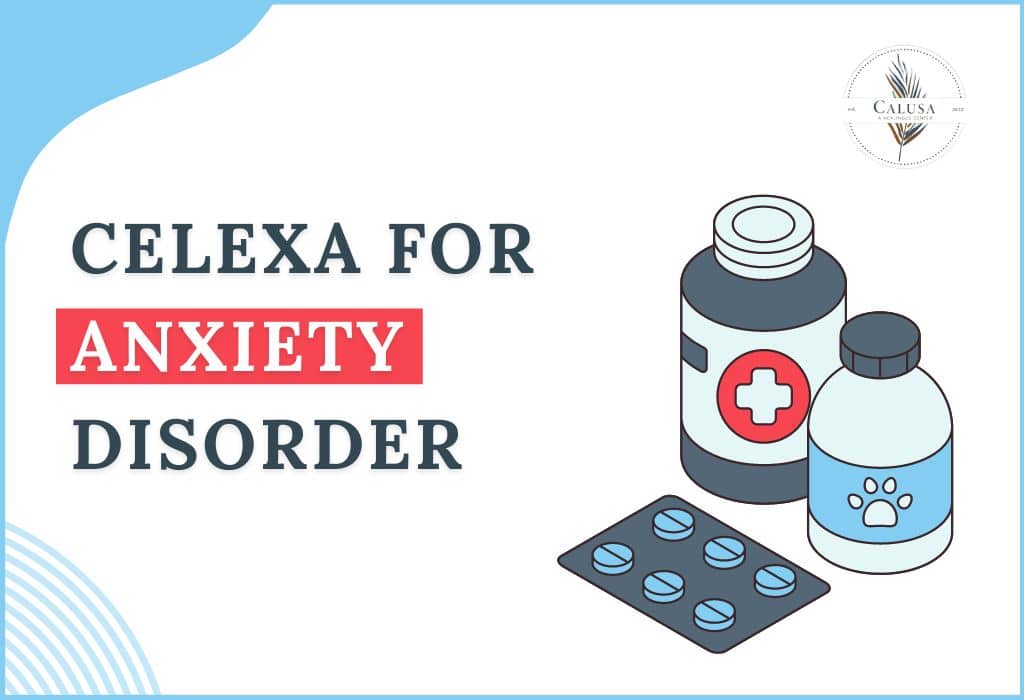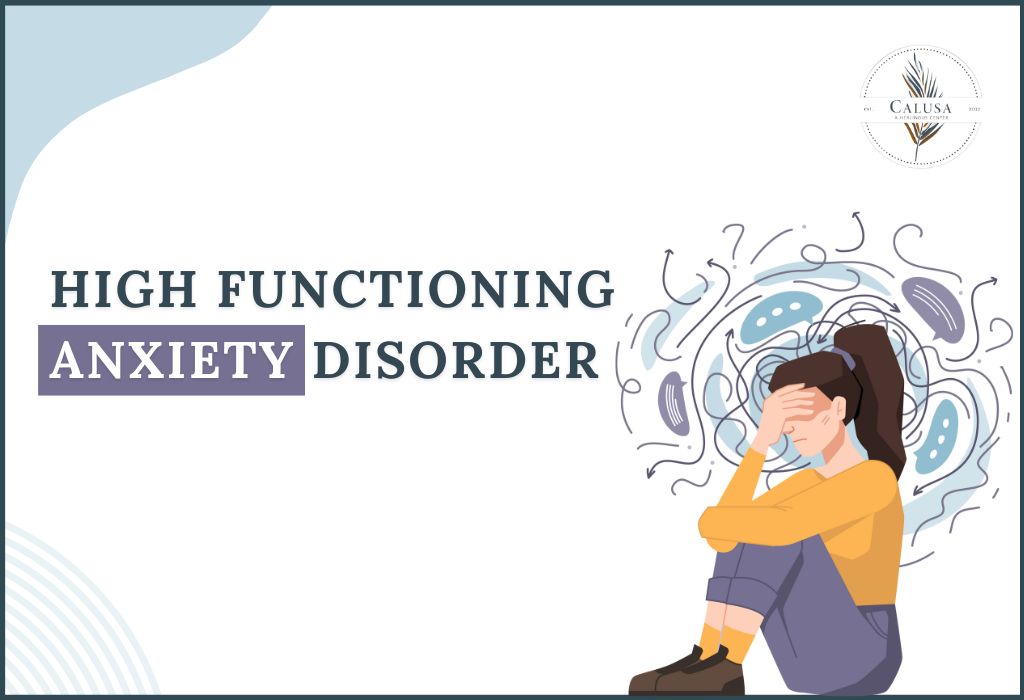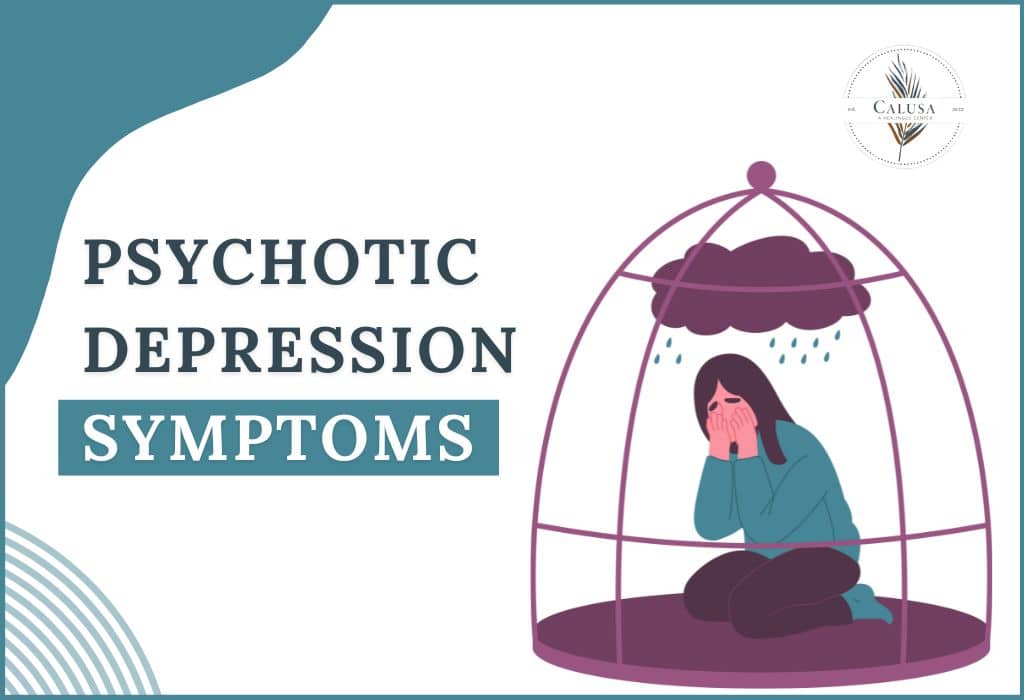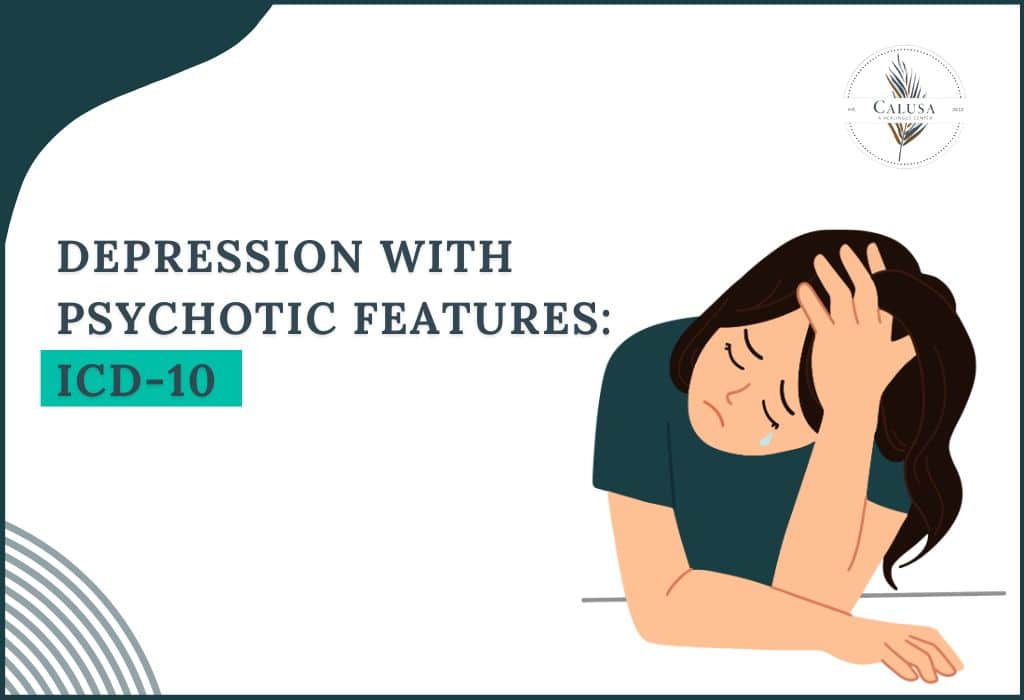Psychological stressors examples refers to the body’s and brain’s response to any requirement or demand perceived as a challenge or barrier.
Stress isn’t always detrimental, some individuals find short-term stress motivating, such as when preparing for an exam or a job interview. However, excessive stress can lead to physical symptoms and health issues, especially if not managed effectively.
It is important to distinguish between stressors and stress. Psychological Stressors
Examples are the external factors or events that trigger a stress response, while stress is the body’s and brain’s reactions to these triggers.
For instance, a looming exam is a stressor, whereas the anxiety and tension felt while preparing for the exam represent the stress response. Understanding this distinction helps identify and manage the specific stress sources more effectively.
This article explores psychological stressors examples, their indicators, and their impact on health. It also provides strategies for managing stress.
Types of Psychological Stressors
Understanding the various types of psychological stressors examples are essential for recognizing and managing stress effectively. These stressors can arise from diverse sources and have differing impacts on individuals’ well-being.
Psychological stressors can be categorized into several broad types, each with its characteristics and implications, to manage stress effectively, it’s crucial to recognize its various types:
Major Life Events
These include significant occurrences like marriage, childbirth, or the death of a loved one, which can bring both joy and stress.
Daily Hassles
These are minor stressors encountered in daily life, such as work deadlines, financial worries, or conflicts with others, which can accumulate and contribute to overall stress levels.
Chronic Stressors
Persistent sources of stress, like long-term caregiving, financial instability, or demanding jobs, can have lasting effects on well-being if not addressed.
Traumatic Events
Sudden, distressing incidents like accidents or violence can overwhelm coping mechanisms and lead to lasting psychological consequences.
Understanding these types of stressors empowers individuals to develop effective coping strategies and seek support when needed, fostering resilience in the face of adversity.
Psychological Stressors Examples
Understanding common psychological stressors examples are essential for recognizing and addressing sources of stress in daily life. These examples encompass a wide range of experiences that can impact individuals’ mental and emotional well-being.
Now, let’s explore each of these psychological stressors examples in more detail:
Work-related stressors
- Heavy workload and tight deadlines: Being constantly overloaded with work and struggling to meet deadlines is a major stressor.
- Job insecurity: Worrying about potential layoffs or company instability creates significant anxiety.
- Lack of control: Feeling powerless over work tasks, schedule, or environment is highly stressful.
- Toxic work environment: Dealing with negative coworkers or a demanding boss drains energy.
- Work-life balance: Struggling to maintain a healthy balance between work and personal life leads to burnout.
Relationship problems
- Conflict and arguments: Frequent disagreements strain relationships and cause stress.
- Lack of communication: Feeling unheard or misunderstood by loved ones is stressful.
- Loneliness and isolation: A lack of social connection creates stress.
- Caregiving responsibilities: Caring for sick or elderly family members is draining.
- Marital or relationship problems: Infidelity or marital strain leads to stress.
Financial difficulties
- Debt and bills: Overwhelming debt and financial insecurity cause stress.
- Living paycheck to paycheck: Struggling to meet basic needs is stressful.
- Unexpected expenses: Dealing with unforeseen financial burdens induces anxiety.
- Financial planning concerns: Worrying about long-term financial goals is stressful.
- Job loss: Facing unemployment is a significant financial stressor.
Academic pressure
- Exams and deadlines: Performance pressure in exams and meeting deadlines is stressful.
- Workload and time management: Managing multiple tasks is overwhelming.
- Fear of failure: Anxiety about grades and expectations is a stressor.
- Competition: Pressure to compete for grades induces stress.
- Academic transitions: Adjusting to new academic environments brings uncertainty and stress.
Personal health concerns
- Chronic illness: Living with ongoing health issues is physically and emotionally demanding.
- Serious illness: A diagnosis of a serious illness is a major stressor.
- Medical procedures: Surgery or medical procedures cause stress.
- Pain management: Coping with chronic pain induces anxiety and depression.
- Health concerns: Worrying about health issues for oneself or loved ones is stressful.
The Impact of Psychological Stressors on Mental Health
The impact of psychological stressors on mental health is multifaceted and can vary from individual to individual. While some people may experience only mild symptoms in response to stressors, others may develop more severe mental health conditions such as anxiety disorders or depression. It’s essential to recognize the signs of stress and seek appropriate support and interventions when needed.
Engaging in stress-reducing activities such as exercise, relaxation techniques, and seeking social support can help mitigate the negative effects of stress on mental health. Additionally, practicing mindfulness and adopting healthy coping strategies can build resilience and enhance overall well-being in the face of psychological stressors.
Psychological stressors examples can profoundly impact mental health:
- Increased risk of anxiety and depression: Chronic stress elevates anxiety and depression levels, fostering persistent feelings of worry and sadness.
- Sleep disturbances: Stress disrupts sleep, causing difficulties falling or staying asleep and impairing cognitive function.
- Difficulty concentrating: High-stress levels impair concentration and memory, hindering task focus and information retention.
- Changes in appetite: Stress alters appetite, leading to increased or decreased food intake and potential weight fluctuations.
- Weakened immune system: Prolonged stress suppresses the immune system, heightening susceptibility to infections.
Managing psychological stressors examples are crucial for protecting mental health and overall well-being. By identifying sources of stress and implementing coping strategies, individuals can mitigate the impact of stress on their mental health and lead healthier, more balanced lives.
The Role of Genetics in Psychological Stressors
Genetics plays a significant role in how individuals respond to psychological stressors.
- Individual vulnerability to stress varies based on genetic factors.
- Genetic predispositions can influence susceptibility to mental health conditions exacerbated by stress.
- Understanding these genetic influences can aid in developing personalized approaches to stress management and mental health care.
These genetic insights underscore the importance of considering individual differences in stress response and tailoring interventions accordingly. By understanding the genetic underpinnings of stress, healthcare providers can better support individuals in managing stress and promoting mental well-being.
Environmental Factors and Psychological Stressors
Environmental factors play a crucial role in influencing psychological stressors. Socioeconomic status, lack of social support, exposure to violence or crime, and the work environment all contribute to individuals’ stress levels.
Environmental factors play a crucial role in influencing psychological stressors.
- Socioeconomic status: Economic challenges can contribute to stress.
- Lack of social support: Limited support networks increase vulnerability to stress.
- Exposure to violence or crime: Traumatic experiences heighten stress levels.
- Work environment: Stressful work conditions impact mental well-being.
These environmental factors highlight the importance of addressing broader social and environmental determinants to mitigate the impact of stress on mental health.
The Physiological Response to Psychological Stressors
Psychological stressors trigger a cascade of physiological responses in the body, preparing it to react to perceived threats.
Psychological stressors trigger a cascade of physiological responses:
- Fight-or-flight response: The body prepares to confront or flee stressors.
- Changes in hormone levels: Stress hormone release aids coping.
- Increased heart rate and blood pressure: Body readies for rapid response.
- Weakened immune system: Prolonged stress suppresses immunity.
Coping Mechanisms for Dealing with Psychological Stressors
Various coping mechanisms can help individuals manage psychological stressors effectively:
- Relaxation techniques: Deep breathing, meditation, and mindfulness.
- Exercise: Releases endorphins, and boosts mood.
- Healthy eating: Provides nutrients for stress management.
- Time management: Prioritize tasks, and set realistic goals.
- Social support: Connect with friends, family, or support networks.
Incorporating these coping mechanisms into daily life can enhance resilience and improve overall well-being in the face of psychological stressors.
The Long-Term Effects of Chronic Psychological Stressors
Chronic psychological stressors can have profound and lasting effects on both physical and mental health. Prolonged exposure to stress increases the risk of developing heart disease, stroke, and diabetes due to the impact of stress hormones on the cardiovascular and metabolic systems. Additionally, chronic stress weakens the immune system, making individuals more susceptible to infections and illnesses.
Chronic psychological stressors can have lasting impacts on health and well-being:
- Increased risk of heart disease, stroke, and diabetes
- Weakened immune system
- Cognitive decline
- Relationship problems
Techniques for Managing and Reducing Psychological Stressors
Identifying personal stressors allows individuals to address specific sources of stress in their lives. Setting realistic goals and prioritizing tasks can help reduce feelings of overwhelm and stress. Effective time management and organization strategies enable individuals to better manage their responsibilities and commitments.
Implementing effective strategies can help manage and reduce psychological stressors:
- Identifying personal stressors
- Setting realistic goals
- Time management and organization
- Learning to say no
- Seeking professional help if needed
In conclusion
Understanding psychological stressors examples and their impact on daily life is crucial for maintaining mental and physical well-being. From work-related pressures to financial difficulties and relationship challenges, various stressors can take a toll on our health if left unaddressed.
However, by recognizing these psychological stressors examples and implementing effective coping mechanisms, such as relaxation techniques, exercise, and social support, individuals can better manage stress and enhance resilience.
Additionally, seeking professional help when needed can provide valuable support and guidance in navigating difficult times.
Remember, taking proactive steps to manage stress is essential for leading a healthier and more fulfilling life.
So, let’s prioritize self-care and stress management strategies to cultivate greater well-being and happiness, Join Calusa.
FAQ
1. What are psychological stressors?
Psychological stressors refer to external events or circumstances that individuals perceive as threatening or challenging, eliciting a stress response. These stressors can encompass various aspects of life, such as work-related pressures, relationship conflicts, financial struggles, and major life changes.
2. What is an example of a physiological stressor?
An example of a physiological stressor is physical injury or illness. When the body experiences injury or illness, it initiates a stress response aimed at mobilizing resources for healing and recovery.
3. What is an example of a psychosocial stressor?
An example of a psychosocial stressor is social rejection or interpersonal conflict. These stressors arise from social interactions and relationships, affecting individuals’ emotional well-being and social functioning.
4. What are the three main types of stressors in psychology?
In psychology, the three main types of stressors are acute stressors, chronic stressors, and traumatic stressors. Acute stressors are short-term stressors with immediate effects, while chronic stressors persist over an extended period. Traumatic stressors result from exposure to traumatic events, such as accidents or violence.
5. What are the 5 common stressors?
Five common stressors include work-related stress, financial problems, relationship issues, health concerns, and major life changes. These stressors can significantly impact individuals’ well-being and may require coping strategies to manage effectively.
6. What are the three types of stress psychology today?
In contemporary psychology, the three types of stress are eustress, distress, and chronic stress. Eustress refers to positive stress that motivates and enhances performance, while distress is negative stress that overwhelms and impairs functioning. Chronic stress is long-term stress that persists over time and can have detrimental effects on health and well-being.




